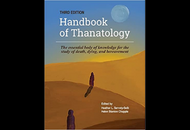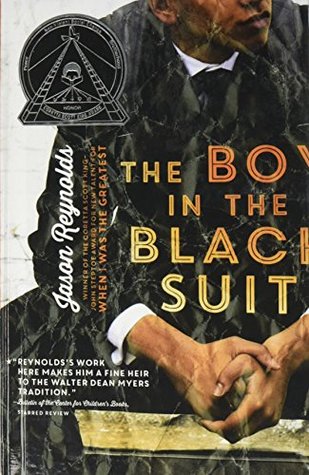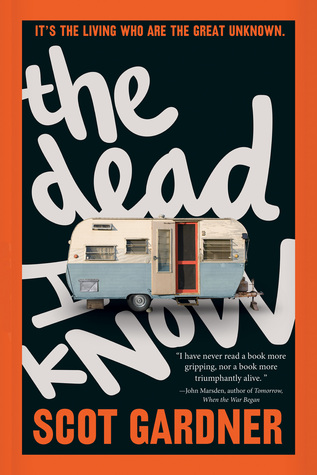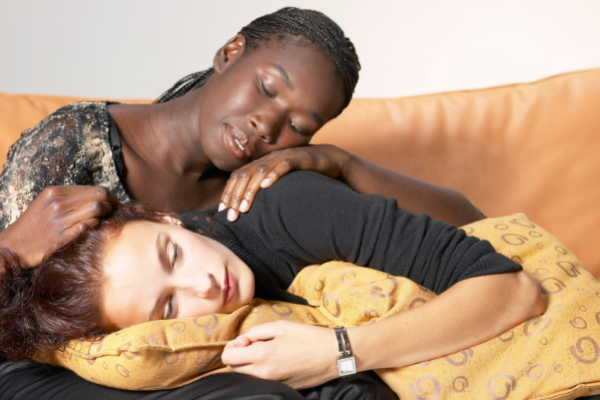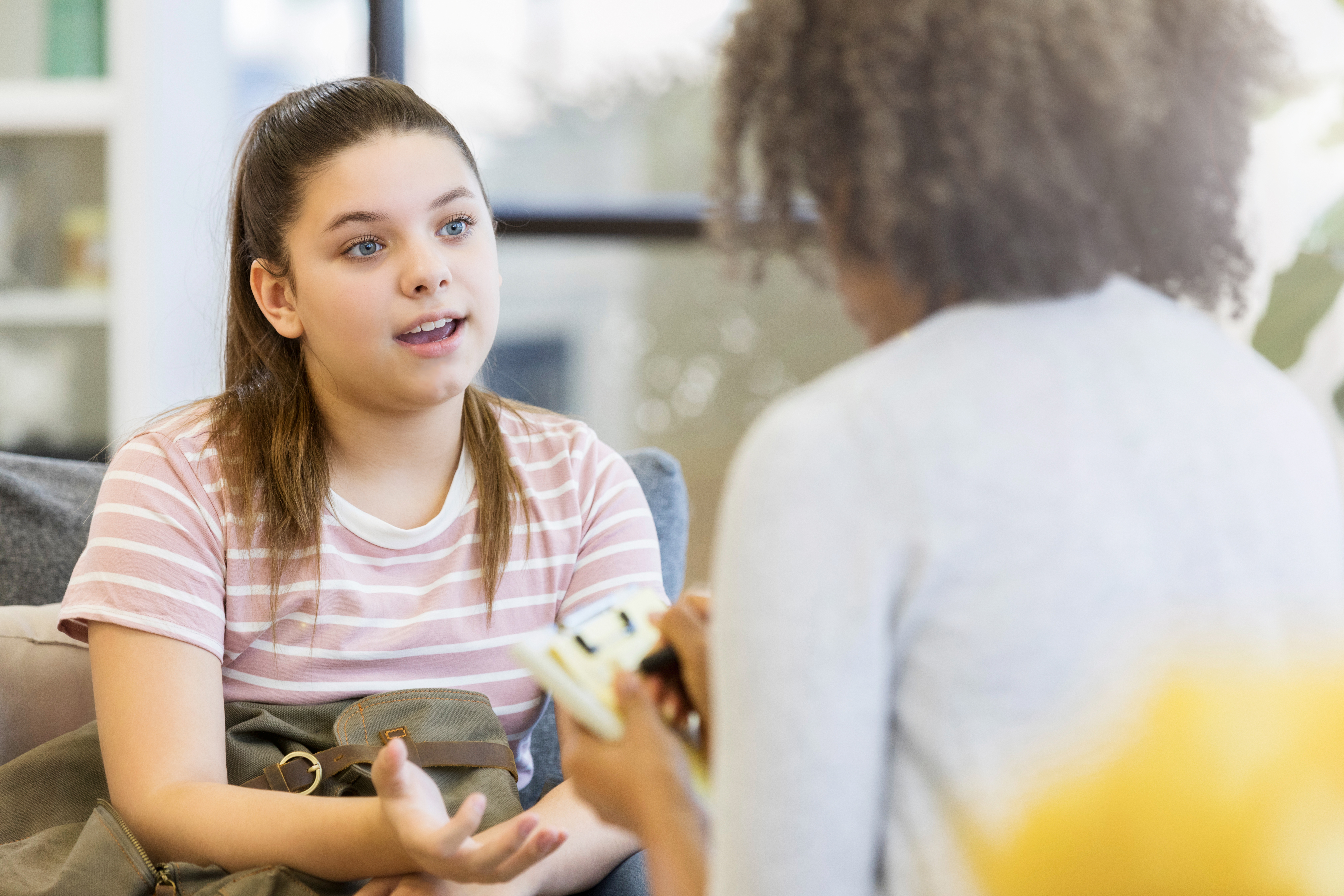Boycotting the Grief Olympics
There is at least one area of life, however, where competition and comparisons are a poor fit. As has been said by many when discussing the human response to loss, “it’s not the grief Olympics.” Or it least, it shouldn’t be.
The temptation to compare is almost always present. Do I have it worse than you or do you have it worse than me? What is the worst loss? Some suggest the loss of a child. And if we were to go with that, what age child is the worst loss? Losing a baby with so much life left to experience? Or an older child who you watched grow for several years but where life is still cut short? Maybe an adult child after years of deepened bonds and common experiences? Each an out-of-order death.
Or let’s think about the loss of a spouse or partner. Is losing early in the relationship worse with all those potential years of loving and living together lost? Perhaps it’s worse after being together for many years when lives are entwined in ways that the loss feels like being cut in half. Is it harder to grieve when the relationship was deep, safe, and close or when it was full of conflict and unresolved issues?
Some say that dying peacefully in sleep is best, but is that an expected dying in one’s sleep or a shockingly out-of-the blue loss for family and friends? For unexpected deaths, those left behind often wish they had known and could have said important things to address some “unfinished business” (that is some phrase) or expressed their love one more time. Yet for those dealing with expected deaths, there is the weight of anticipation, the helplessness of witnessing suffering, and often the challenges of caregiving.
Heart attack, cancer, or accident? Homicide, suicide, or drug overdose? Stroke, dementia, kidney failure, or infectious disease? So many horrible choices to compare.
Then there’s the comparison of whether it’s us suffering and dying or someone we love. Which is worse? Confronting one’s own mortality and pain or witnessing one we love walk that path? Most of us do what we can to keep living but most of us would also take on the mortality burdens for our dearest ones, if we but could. To live in the midst of terrible choices or no choices at all—which is worse?
I hope that if you’ve made it this far, you are thinking, “Give it a rest! These are ridiculous questions. How can these things be compared? Each loss and grief experience are their own things, unique to the person at their particular time in life. What good can come out of such comparisons?”
Exactly.
Somewhere in childhood, I learned the phrase, “comparisons are always odious—they lead to vanity or despair.” The phrase “comparisons are odious” goes back to at least the 1400s in English, and there are reportedly equivalent phrases in French, Italian, and numerous other languages. The insight that comparisons are problematic appears old and widespread. Not so sure about the “vanity/despair” part.
We don’t say “odious” very much these days, but it seems a fitting word. Odious is much more than annoying or unpleasant. Odious is offensive. And considering the experience of a sick, dying, or grieving person and declaring that it is better or worse than the experience of another sick, dying, or grieving person can be very offensive. There is no need for such comparison. It is not a contest. It is not the illness, dying, or grief Olympics.
Nevertheless, even with necessary critiques of comparisons, there is a case for nuance as there can be times when comparisons are helpful. Sometimes comparisons give us the gift of perspective or we learn what is possible by seeing how others cope. Part of the nuance is understanding that comparisons can sometimes help us understand our own experience but we should avoid judgments of the experiences of others. So, if a comparison is a source of helpful learning, so much the better. If, however, it is a source of vanity or despair, or if it is a comparison of value instead of a valuable lesson, it has crossed into odious-land.
So let us agree to this: In the human experiences of serious illness, dying, and grief, there will be no gold, silver, or bronze medals. No podiums. No winners and no losers. We are boycotting the grief Olympics this year and every year going forward. Instead, the goal will be hands to hold, ears to hear, and hugs to give and receive for each and every participant in this thing called life.
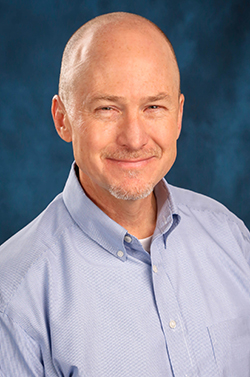
Greg Adams, LCSW, ACSW, FT
Program Coordinator
Center for Good Mourning
[email protected]
Other Voices
“Earlier that day, my colleague explained to her what happened during her long hospital stay and what might come next in rehab. Then he paused and shifted his tone, telling his patient that she should let go of whatever guilt or shame she might be carrying over not getting vaccinated. She had made a mistake, but what is a hospital if not a place where we care without judgment for the many consequences of human fallibility? She started to cry. And then she asked him if she could get the shot. She received her first dose shortly afterward.” Continue Reading...

